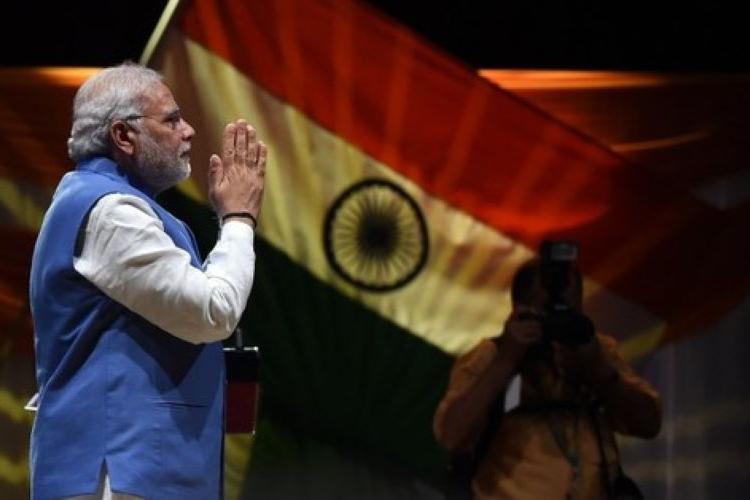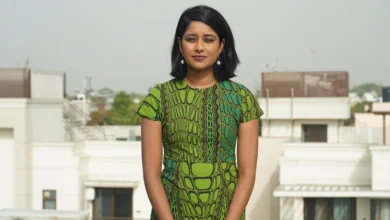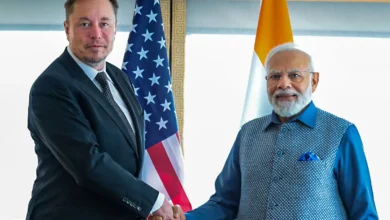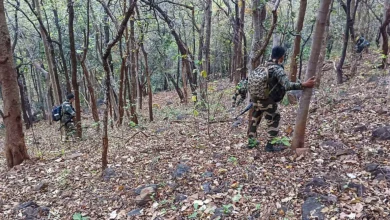India under Modi Government only ‘partly free’: Global Democracy Watchdog Freedom House


The world’s largest democracy – India has been downgraded from ‘free’ to ‘partly free’ for the first time since 1997 in US-based global freedom watchdog Freedom House’s annual ranking of democracies.
The country’s score decreased from 71 to 67 and ranking slipped from 88 to 83 out of 211 countries now putting it at par with Ecuador and the Dominion Republic. The report cited that “the Hindu nationalist government and its allies have presided over rising violence and discriminatory policies affecting the Muslim population and pursued a crackdown on expressions of dissent by the media, academics, civil society groups, and protesters”.
Factors discussed in the report that impacted India’s Low Score:
- Are individuals free to express their personal views on political or other sensitive topics without fear of surveillance or retribution? The report states this score declined because of “the use of sedition and other charges in recent years to deter free speech” including discussion of the “discriminatory” Citizenship Amendment Act.
- Is there freedom for nongovernmental organizations, particularly those that are engaged in human rights and governance-related work? The report attributed the decline of this score to amendments in the Foreign Contributions Regulation Act and the freezing of Amnesty International’s assets, leading to the shutdown of the organization’s India operations.
- Do individuals enjoy freedom of movement, including the ability to change their place of residence, employment, or education? The decline of this score was attributed to the Government’s response of a nationwide lockdown amid the Covid-19 pandemic which triggered displacement of migrants across the country. The report also alleged “violent and discriminatory enforcement by police and civilian vigilantes singling out Muslims for abuse.”
The report, however, also discussed a few incidents with controversial statements that shed light on how the world perceives and reports India’s matters. It termed the CAA riots in Delhi as “religious riots against Muslims”, when in fact they were instigated by anti-CAA Muslim protestors itself led by Tahir Hussain, Sharjeel Imam, Khalid Saifi among others. The Delhi Police Special Cell had also called it a pre-planned conspiracy by anti-CAA protestors.
Along with this, the Tablighi Jamaat incident, in which a huge number of people assembled in Nizamuddin, Delhi breaching Covid-19 norms during March, was labeled by the report as “scapegoating of Muslims as potential spreaders of the virus”. As per the Health Ministry, the gathering had led to one of the biggest Coronavirus spikes in India, with around a third of the new cases being reported attributed to it.
It is worth mentioning that the Freedom House report once again listed “Indian Kashmir” separately, and retained its status of “not free”. Between 2013 and 2019, “Indian Kashmir” was labeled as “partly free”.
While India’s Internet Freedom score remained stagnated at 51, the report cited that “internet freedom in India declined dramatically for a third straight year”. It mentioned Internet shutdowns, blocked content, misinformation spread by political leaders, and digital monitoring.
Between 2013 to 2015, India’s score had consecutively increased twice by one point, rising from 76 to 78. It dipped to 75 in 2019 and 71 in 2020. The status change to ‘partly free’ means that less than 20% of the world’s people now live in a “free” country.



